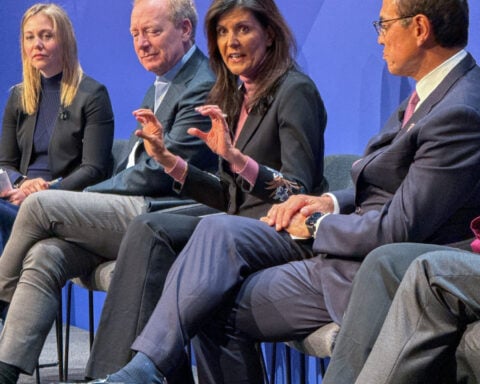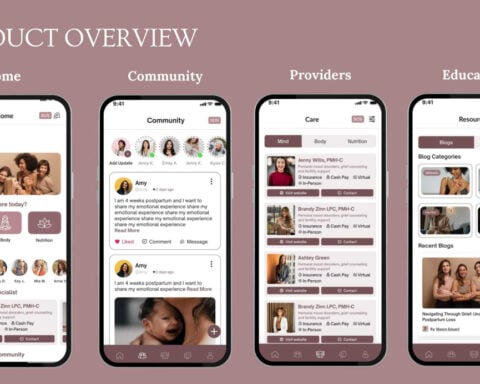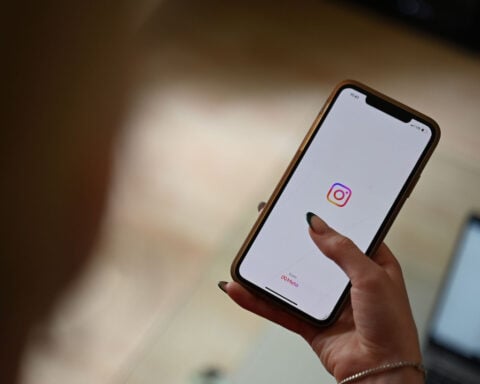As concerns about digital privacy surge, many iPhone users wonder if their devices are eavesdropping. Recent studies reveal that fears stem from misinterpretations of data collection, rather than actual surveillance, prompting a deeper exploration into user security and device settings.targeted ads persists. A 2019 BBC report underscores this paranoia, yet experts reveal more benign explanations rooted in advanced data collection methods.
The Perception vs. Reality
The idea that smartphones secretly listen to users has been a topic of debate. A 2019 BBC report highlighted that many believe their conversations are being monitored for advertisement targeting. However, researchers have found no concrete evidence supporting this claim. Instead, the relevance of targeted ads is often attributed to sophisticated data collection methods, such as tracking online behavior, search history, and location data.
Technical Insights
Voice-activated assistants like Siri are designed to listen for specific wake words, activating only when they detect phrases like "Hey Siri." This passive listening ensures readiness but doesn't mean continuous recording. Apple asserts that Siri doesn't snoop on users' conversations and that apps require explicit user consent to access the microphone.
Practical Steps to Protect Your Privacy
While the evidence suggests that iPhones aren't secretly listening, it's understandable to seek peace of mind. Here are ten steps to enhance your device's privacy:
- Review App Permissions: Regularly audit which apps have access to your microphone. Go to Settings > Privacy & Security > Microphone to manage these permissions.
- Disable "Hey Siri": If concerned about unintended activations, turn off the "Hey Siri" feature. Navigate to Settings > Siri & Search, then toggle off "Listen for 'Hey Siri'."
- Limit Ad Tracking: Reduce targeted ads by enabling "Limit Ad Tracking." Go to Settings > Privacy & Security > Apple Advertising and toggle off "Personalized Ads."
- Update iOS Regularly: Keep your device updated to ensure it has the latest security patches. Go to Settings > General > Software Update to check for updates.
- Avoid Unsecured Public Wi-Fi: Public networks can be exploited to access your data. Use a VPN if you must connect to unsecured Wi-Fi.
- Be Cautious with Third-Party Apps: Download apps only from the official App Store, and scrutinize app reviews and permissions before installation.
- Disable Unused Features: Turn off features like Bluetooth and AirDrop when not in use to prevent unauthorized access.
- Use Strong Passcodes: Implement a robust passcode and consider enabling Face ID or Touch ID for added security.
- Regularly Restart Your iPhone: Restarting your device can help disrupt potential malware or unauthorized tracking.
- Monitor App Activity: Utilize the App Privacy Report to see how often apps access your data. Enable it in Settings > Privacy & Security > App Privacy Report.
By implementing these measures, you can enhance your iPhone's security and alleviate concerns about unauthorized listening. Staying informed and proactive is key to maintaining your digital privacy.

 What is seditious conspiracy, which is among the most serious crimes Trump pardoned?
What is seditious conspiracy, which is among the most serious crimes Trump pardoned?
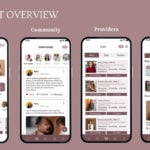 Savannah women brings hope and help with new Maternal Mental Health app
Savannah women brings hope and help with new Maternal Mental Health app
 Amazon to close 7 warehouses in the Canadian province of Quebec and eliminate 1,700 jobs
Amazon to close 7 warehouses in the Canadian province of Quebec and eliminate 1,700 jobs
 House prepares to pass immigrant detention bill that would be Trump's first law to sign
House prepares to pass immigrant detention bill that would be Trump's first law to sign
 Lewis Hamilton says driving a Ferrari F1 car for first time was 'exciting and special'
Lewis Hamilton says driving a Ferrari F1 car for first time was 'exciting and special'
 The head of a federal agency for consumers has packed up his office. But will Trump fire him?
The head of a federal agency for consumers has packed up his office. But will Trump fire him?
 Meagan Good says goodbye to 'Harlem,' hello to her future with Jonathan Majors
Meagan Good says goodbye to 'Harlem,' hello to her future with Jonathan Majors
 K-9's retirement party was everything a dog could want
K-9's retirement party was everything a dog could want
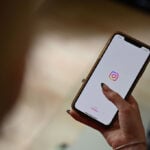 Why some Instagram users aren’t able to unfollow Trump and JD Vance
Why some Instagram users aren’t able to unfollow Trump and JD Vance
 Learn how to secure your iPhone privacy and prevent unwanted listening from your device. Stay informed and protect your personal data.
Learn how to secure your iPhone privacy and prevent unwanted listening from your device. Stay informed and protect your personal data.

